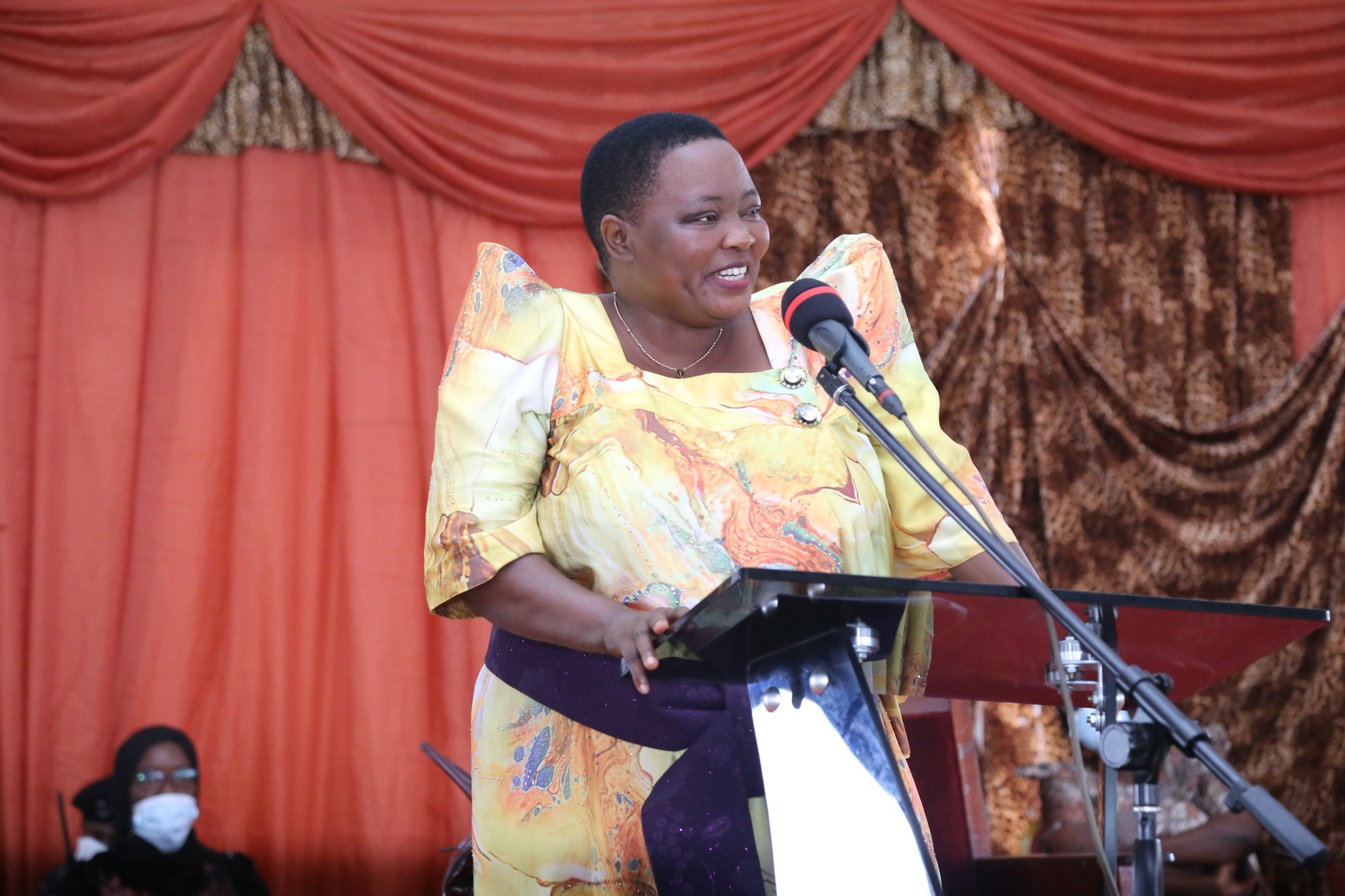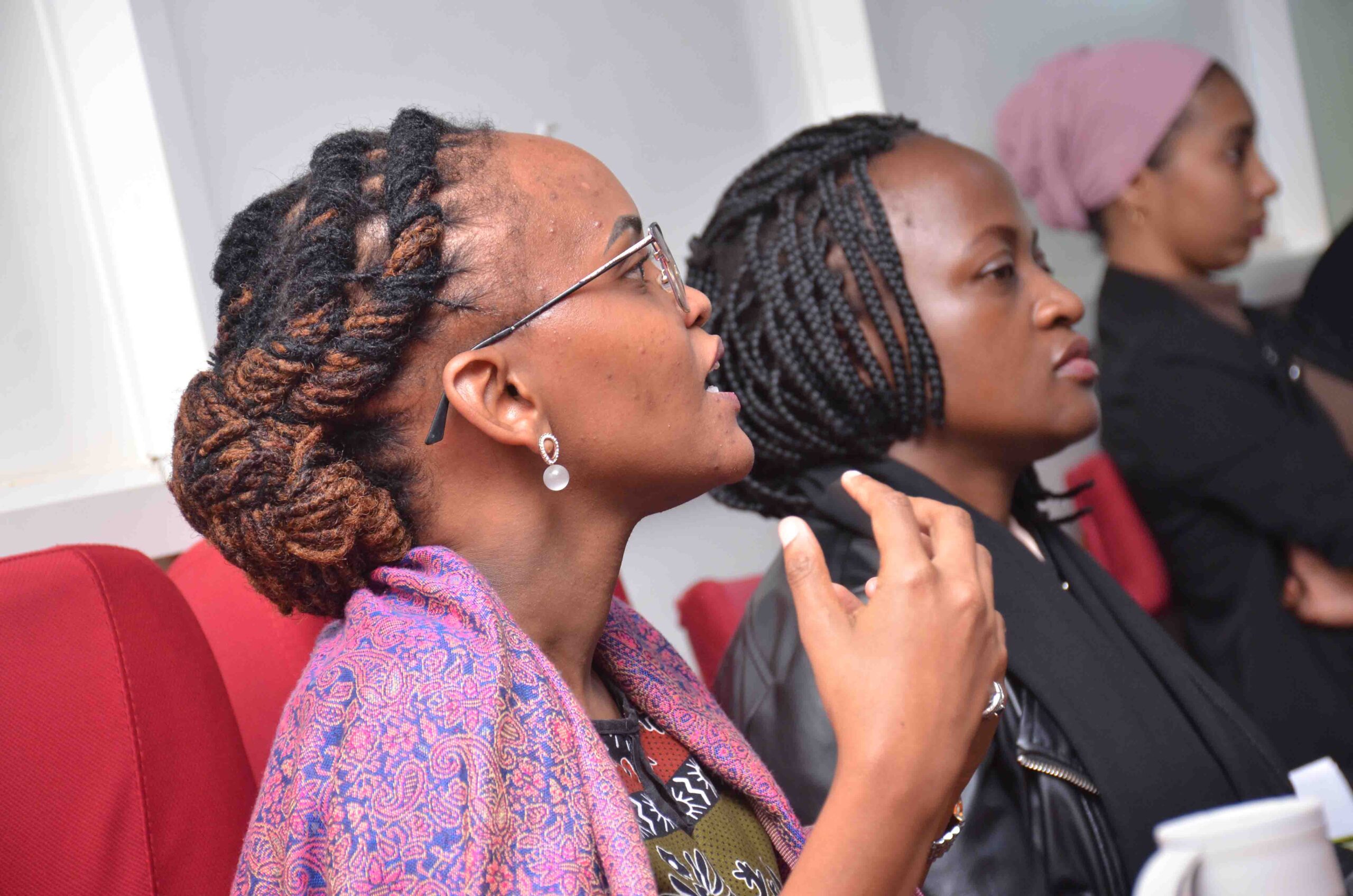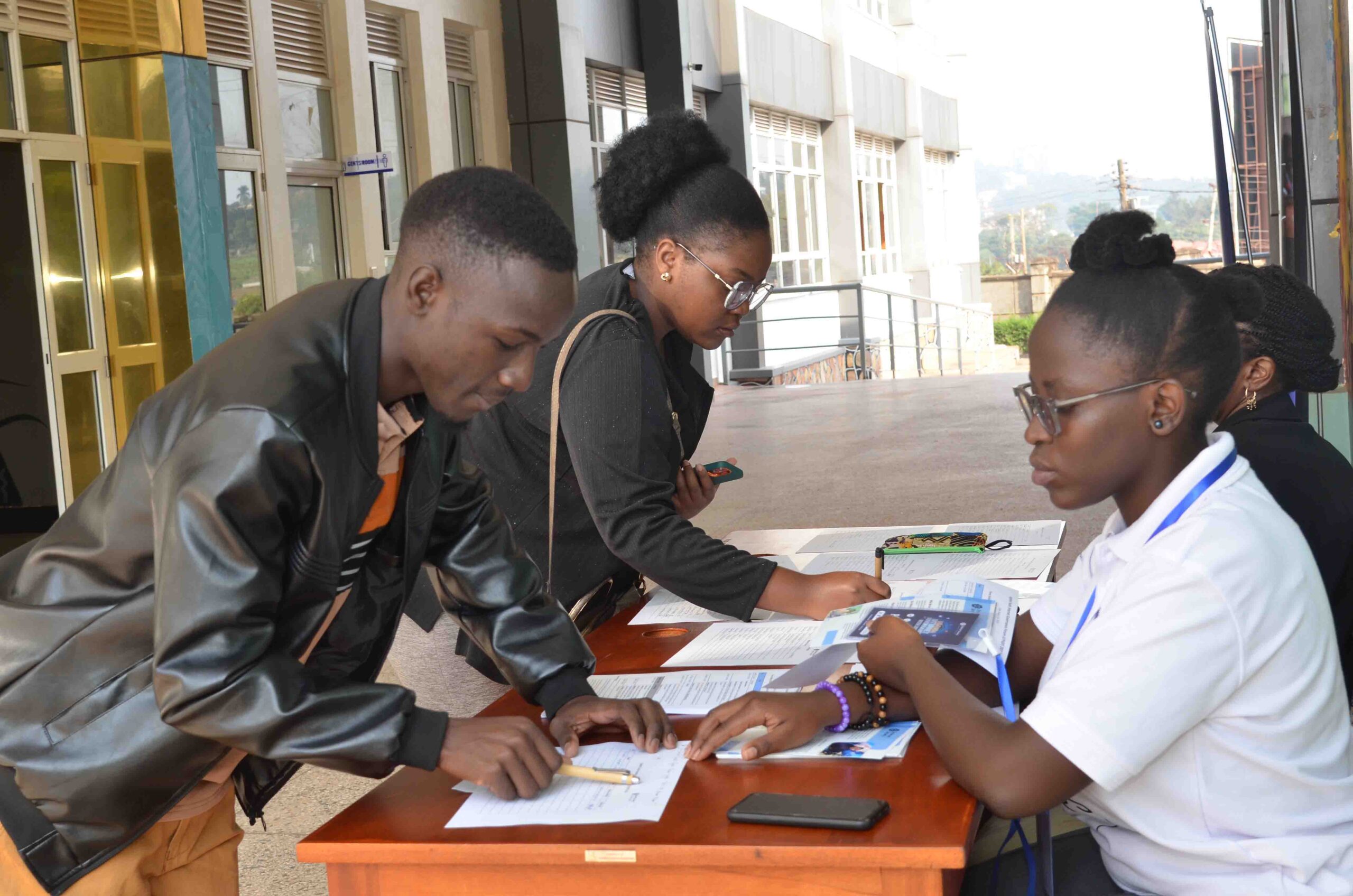Breaking Barriers – Women in Leadership in Rural Uganda
Women of the Luuka cell in Eastern Uganda after a discussion.
Introduction
Leadership opportunities for women in rural areas often face unique challenges. This article explores how EFIUG is breaking down these barriers and promoting women’s leadership in rural Uganda, alongside insights from other successful programs.
EFIUG’s Rural Leadership Initiatives
EFIUG’s initiatives in rural areas focus on:
- Capacity Building: Providing leadership training to women in rural areas, focusing on local governance and community development.
- Access to Resources: Ensuring women have access to the resources they need to lead, including education and financial support.
- Advocacy and Awareness: Raising awareness about the importance of women’s leadership in rural communities through community meetings and media campaigns.
Lessons from Uganda
- Community Mobilization: EFIUG’s work in mobilizing communities around women’s leadership has shown that community buy-in is essential for success. Other organizations like the Uganda Women’s Network (UWONET) have also emphasized this.
- Leveraging Traditional Structures: Working within traditional structures, while challenging discriminatory practices, has proven effective. EFIUG’s respectful engagement with local leaders is key to its success.
Global Lessons
- Rural Leadership Models: Global models, such as those implemented by CARE International, show that rural leadership programs must be tailored to the specific needs of the community. EFIUG’s context-specific approach aligns with this.
- Women’s Leadership Collectives: Collectives and cooperatives have been successful in promoting women’s leadership globally. EFIUG’s support for women’s groups in rural areas reflects this lesson.
Conclusion
EFIUG’s initiatives in rural Uganda are helping to break down barriers to women’s leadership. By learning from both local and global experiences, EFIUG is fostering a new generation of female leaders in rural communities.



